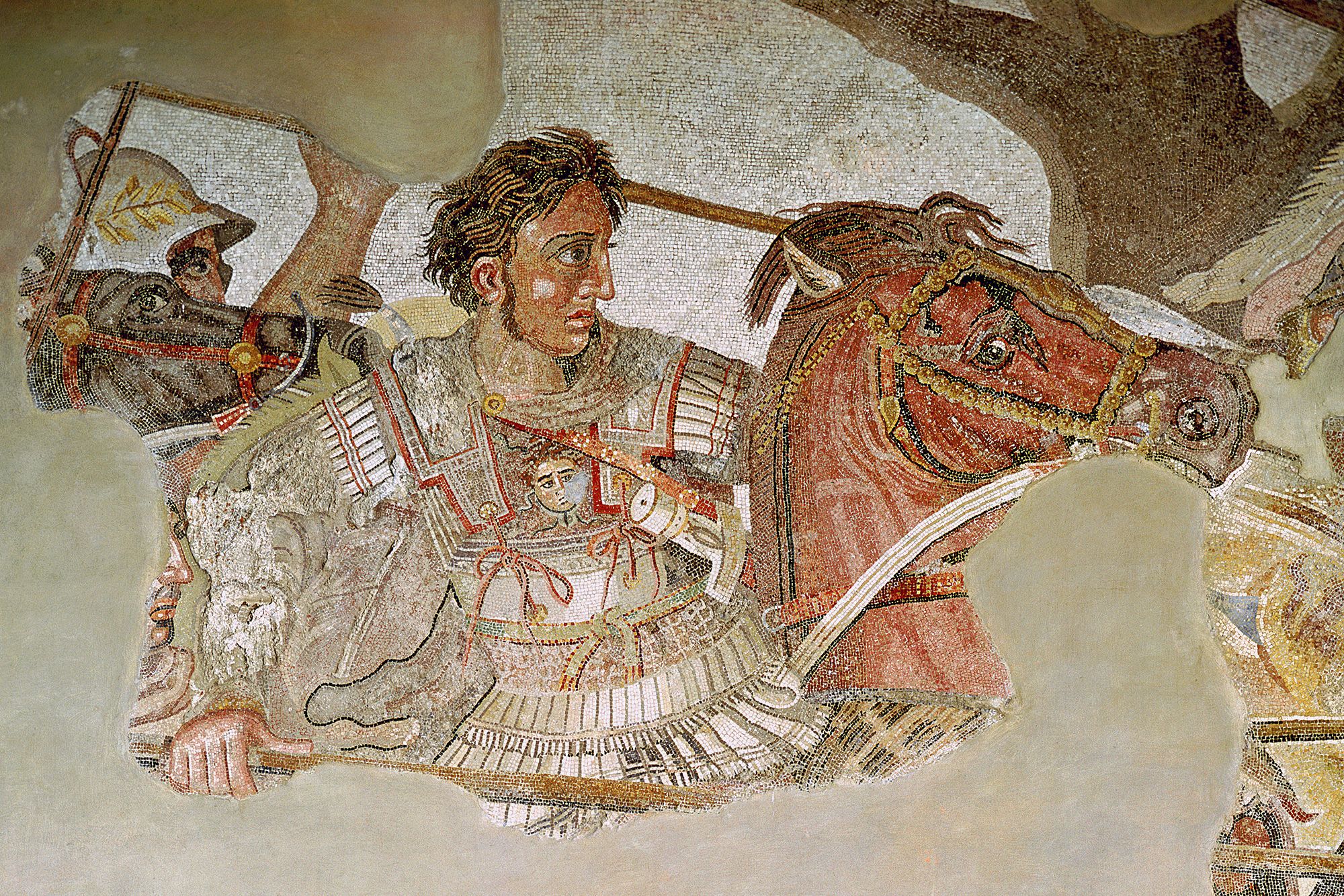Early Life and Ascension to the Throne
Cleopatra was born into the Ptolemaic dynasty, which had ruled Egypt since the death of Alexander the Great. Her father, Ptolemy XII, was a weak ruler who struggled to maintain control over Egypt. Upon his death in 51 BC, Cleopatra became queen alongside her younger brother Ptolemy XIII. However, their rule was marred by internal conflict, and Cleopatra was soon driven into exile.
Cleopatra’s Relationship with Julius Caesar
In 48 BC, Cleopatra returned to Egypt with the help of Julius Caesar, the powerful Roman general. The two formed a political and romantic alliance that would alter the course of history. Cleopatra gave birth to Caesar’s son, Caesarion, and the queen’s relationship with Caesar solidified her position as ruler of Egypt once again.
Following Caesar’s assassination in 44 BC, Cleopatra returned to Rome with her son. However, after Caesar’s death, Cleopatra’s fate became intertwined with that of Mark Antony, another powerful Roman leader. They formed an alliance, both politically and romantically, which further alienated Cleopatra from the Roman Senate.
The Battle of Actium and the End of an Era
Cleopatra and Mark Antony’s forces faced off against those of Octavian (the future Emperor Augustus) in the famous Battle of Actium in 31 BC. The battle ended in a disastrous defeat for Cleopatra and Antony, leading to their eventual suicides in 30 BC. This marked the end of both the Ptolemaic Kingdom and the Hellenistic period of Egypt, as the country was incorporated into the Roman Empire.
Cleopatra’s Legacy
Despite her dramatic end, Cleopatra’s legacy endures. She was not just a seductress as many Roman writers portrayed her but a skilled diplomat and ruler who tried to maintain Egypt’s independence amidst Roman domination. Her intelligence, political savvy, and ability to wield power in a male-dominated world left an indelible mark on history. Cleopatra’s life has inspired countless works of literature, drama, and film, making her an enduring symbol of female power and leadership.
In summary, Cleopatra VII was not only a queen but a figure whose actions helped shape the political landscape of her time. Her story transcends the politics of her era, marking her as one of the most intriguing and powerful women in history.


